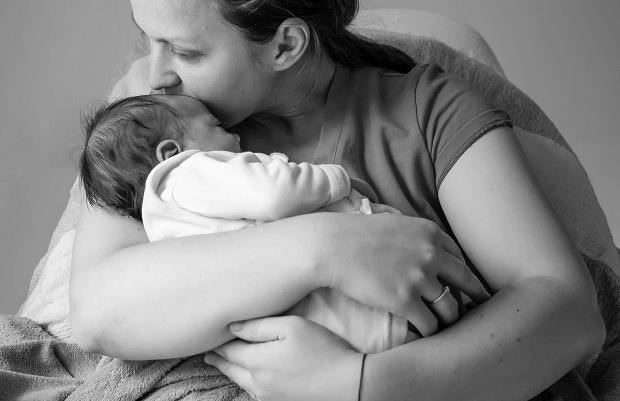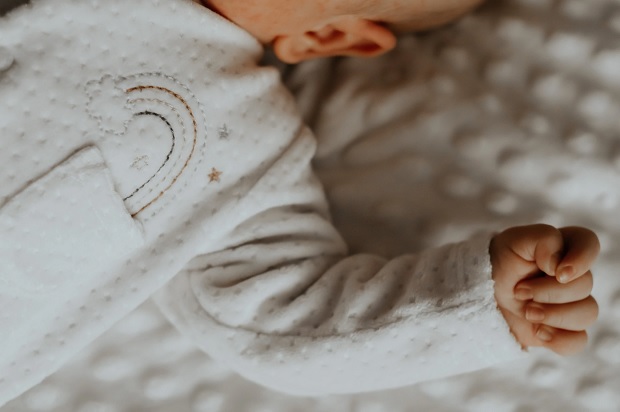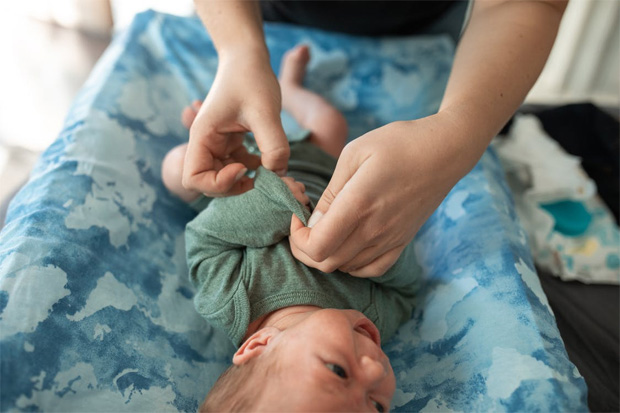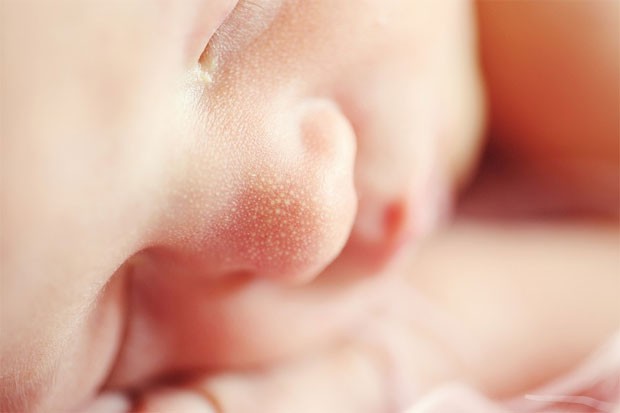What To Do When You Take Your Baby Home

What To Do When You Take Your Baby Home
A newborn may make life magical, as well as overwhelming, draining, and terrifying. I still recall thinking, “How do I take care of this little, helpless creature,” the day I brought my son home from the hospital. His owner’s manual is where? Nevertheless, despite how challenging being a new parent can be, you should be alright. Babies are much more resilient than parents may think.
Although taking care of a newborn, or a baby younger than 28 days old, is not simple, it may be made more bearable, especially with the correct guidance and assistance. Feed your infant frequently whether you are nursing or using formula. Three days after giving birth, you typically begin to produce breast milk. Your breasts will first produce colostrum, a viscous, golden liquid that is rich in nutrients.

A nursing mother may initially need to exert some effort to make sure the infant latches or fastens, appropriately onto her breast in order to eat. Speak to a qualified lactation consultant; the majority of hospitals and birthing facilities have at least one on staff if you’re having difficulties getting a good latch or getting your baby to feed.
Newborns should be fed every one to three hours, whether you are nursing or using the formula so that they get eight to twelve meals each day. Regular meals aid in the weight gain of neonates who may have lost it after birth. Your baby will gradually be able to eat more at each meal and less often throughout the day and night as she gets older. Baby burps will occur if and when they need to, so don’t worry if yours doesn’t after feeding.

Because back sleep reduces the risk of sudden infant death syndrome, babies under the age of one should never be put to sleep on their stomachs or sides. In the beginning, babies sleep a lot (16–17 hours per day on average), but this sleep is interrupted every hour or so by spells of wakefulness. Your infant will often only wake up during the early weeks to be fed and changed. You should unquestionably sleep when your kid sleeps because he or she will also be awake for brief times throughout the night, which will unavoidably disturb your sleep.
Some infants sleep more during the day than at night because their days and nights are switched around. As a social cue that it is time for your baby to sleep for a longer period of time, you could also want to establish a bedtime routine. Swaddling, nursing, reading to, and singing to your newborn infant are all possible components of a newborn nighttime routine. Babies learn the flow of their day and what to expect next when you can establish a predictable pattern for them, or as predictable as it can be in the early going.

Safely bathe your child, but not too frequently. Every day, clean your baby’s mouth, throat, and crotch, as well as any other areas that tend to get soiled. When it comes to taking appropriate baths, one to two times a week is actually enough. Bathing too frequently can cause eczema or dry skin, which are skin conditions marked by rashes, itchy skin, and redness. You should sponge bathe a newborn to clean her up before her umbilical cord stump falls off, which typically occurs 5 to 15 days after delivery. You should use a clean, damp washcloth to first wipe her face; avoid using soap because it might get into her eyes or mouth. Then, using a washcloth and a small quantity of baby soap, gently wipe the rest of her body. Then use a fresh, damp washcloth to re-clean your baby’s body. Consider using a baby moisturiser after the bath. Baby does get poorly sometimes and you may see rashes and different things that may worry you. Seek support and for common things just research them like yeast diaper rash symptoms so you know what to expect.

You can bathe your infant in a hard plastic baby bathtub or basin once the umbilical cord stump has fallen off. Make sure you have all of the necessary items close at hand before starting the bath, including washcloths, baby shampoo or soap, a cup for rinsing, and a dry towel. Never leave a baby unsupervised in a bath because he could drown. If you need to grab something after you’ve put your baby in the water, bring your baby with you.
Do tummy time, soothe your baby down, and engage with her when she is awake. Skin-to-skin contact, such as placing your baby’s bare chest on your bare chest, is one of the finest ways to bond with your baby while she is awake. Immediately after birth, newborns that have skin-to-skin contact are more likely to be breastfed, nurse longer, and respond better to heart and breathing examinations. Bringing your face close to her will help her see you more clearly because newborns have poor vision. Don’t overlook tummy time, which is crucial for neck strength, head control, and gross motor development. Place your awake baby on her stomach for three to five minutes, twice or three times per day, on a soft, stable surface. Engage your infant in play on the floor to keep her occupied. If your child prefers it, you can also conduct tummy time while lying on your chest.

Though exhilarating, becoming a parent can also be taxing and unsettling. Ask your partner for support if you have one, or other family members or friends if you don’t if you are having trouble making the shift. A parent or caregiver who is exhausted, stressed out, malnourished, and emotionally depleted cannot nurture their child. Request the help of friends or family to hold your infant, change him, take him for walks, or bottle-feed him formula or extracted breast milk. More than half of new mothers endure “postpartum blues,” which include mood swings, weight loss, and sleep issues. Frequently, within two weeks of birth, these symptoms go away on their own (partners can experience depression, too).
Contributed Article.



